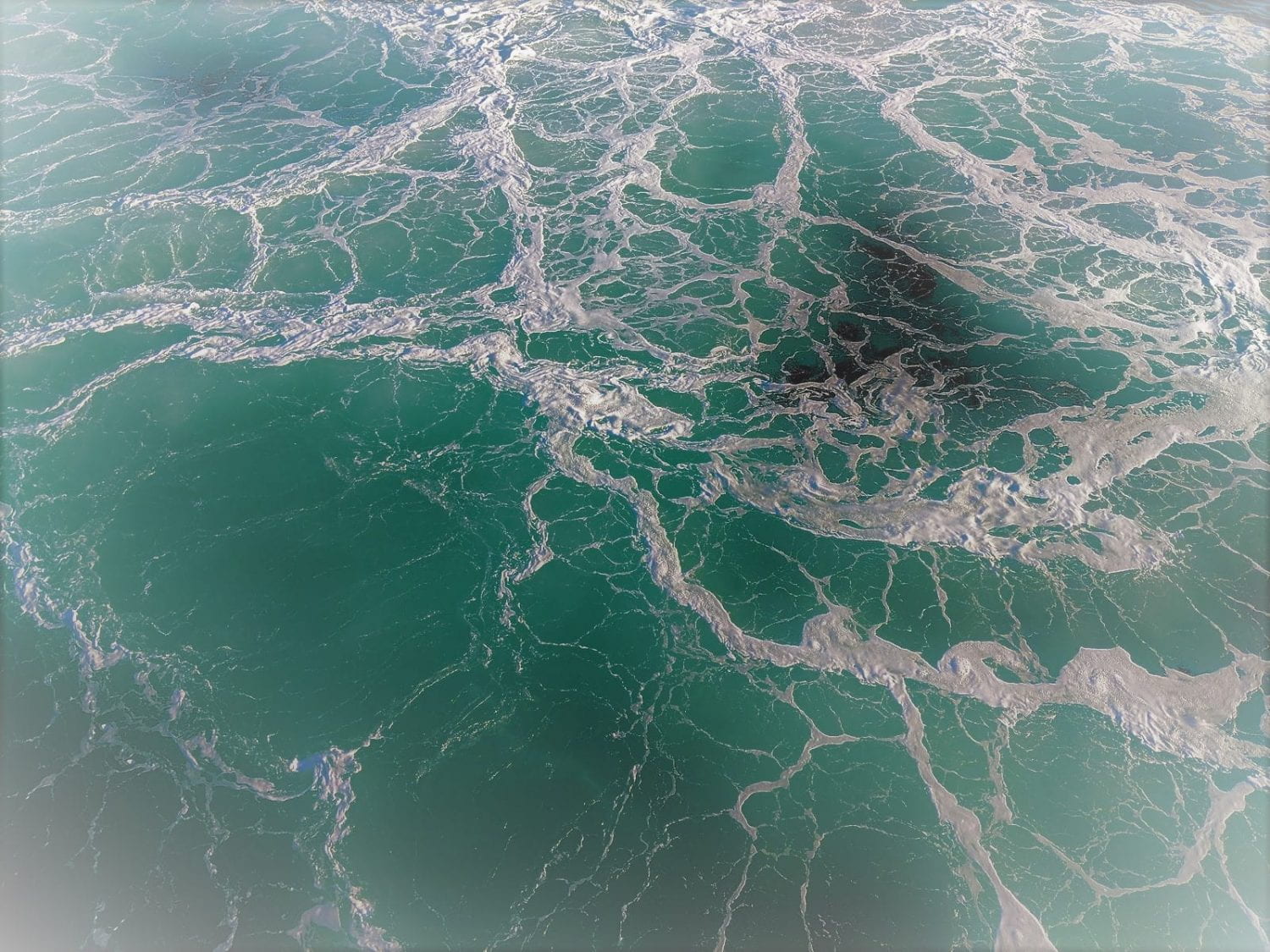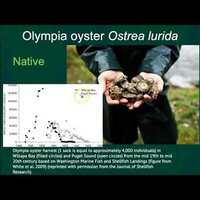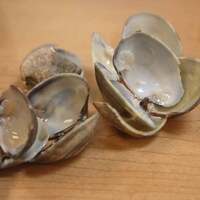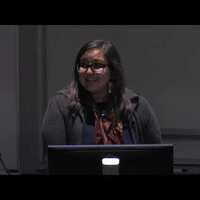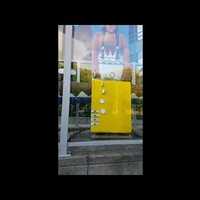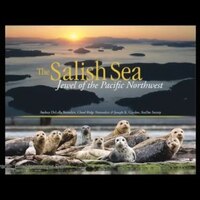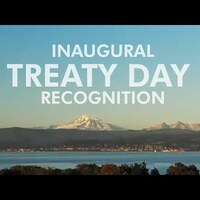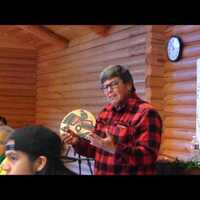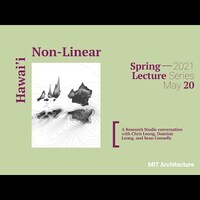-
Title
-
State of the Salish Sea
-
Description
-
Report from marine scientist Kathryn Sobocinski, Western Washington University, and the Salish Sea Institute. It compiles information on the Salish Sea estuarine ecosystem including climate change, urbanization and human impacts, opportunities for better understanding, and a call to action on the future of the Salish Sea.
-
Date
-
May 2021
-
Rights
-
Copying of this document in whole or in part is allowable only for scholarly purposes. It is understood, however, that any copying or publication of this document for commercial purposes, or for financial gain, shall not be allowed without the author’s written permission.
-
Abstract
-
This report synthesizes information on past, current, and emerging stressors within the Salish Sea estuarine ecosystem. The Salish Sea is a complex waterbody shared by Coast Salish Tribes and First Nations, Canada, and the United States. It is defined by multiple freshwater inputs and marine water from the Pacific Ocean that mix in two primary basins, Puget Sound and the Strait of Georgia. Human impacts are multifaceted and extensive within the Salish Sea, with a regional population of almost 9 million people. Population growth has driven urbanization and development, which in turn has triggered structural changes to the landscape and seascape. Meanwhile, the growing effects of climate change are fundamentally altering physical and biological processes. The report describes the most pervasive and damaging impacts affecting the transboundary ecosystem, recognizing that some are generated locally while others are the locally realized impacts from global-scale changes in climate, oceans, land use, and biodiversity. The Salish Sea is under relentless pressure from an accelerating convergence of global and local environmental stressors and the cumulative impacts of 150 years of development and alteration of our watersheds and seascape. Some of these impacts are well understood but many remain unknown or are difficult to predict. While strong science is critical to understanding the ecosystem, the report provides a spectrum of ideas and opportunities for how governments, organizations, and individuals can work together to meet the needs of science and science-driven man
